When buying a home, most people focus on the finish line. However, one often overlooked aspect is the property title, which represents the legal rights to the home you’re purchasing. Understanding common title issues can empower you as a buyer, as they can disrupt or even derail a home purchase entirely. Identifying and resolving them is crucial before closing the deal.
In this post, we’ll explore some of the most common title issues, how they could affect your home purchase, and ways to resolve them to ensure a smooth real estate transaction.
What Are Title Issues in Real Estate?
A title is a legal document that proves property ownership and outlines how the property can be used. When you purchase a home, a title search is conducted to confirm that the property has a clear title, meaning no disputes, debts, or legal claims against it. Unfortunately, it’s not uncommon for buyers to encounter common title issues that must be addressed before the sale can proceed.
These issues can arise from past ownership disputes, unpaid debts tied to the property, or errors in public records. Some problems are relatively easy to fix, while others can be complex enough to delay or cancel the sale.

The Most Common Title Issues in Home Purchases
1. Public Record Errors
Public records are only sometimes error free. Simple mistakes like misspelled names, incorrect property descriptions, or clerical errors in the property’s legal documentation can lead to complications. For example, an error in the recorded square footage of a home could cause a lender to reassess the loan amount. Fortunately, most public record errors are fixable with legal documentation, but they can delay homebuying.
2. Unknown Ownership Claims
Ownership disputes can arise unexpectedly if previous property transfers are not recorded correctly. Imagine buying a home to discover that an unknown heir has legal rights to a portion of the property. If not resolved, such claims can completely halt the sale and cause future legal headaches for the new buyer.
3. Judgment Liens and Unpaid Debts
A property may have judgment liens against it if the owner has unpaid debts, such as credit card balances, personal loans, or court judgments. These liens give creditors a claim to the proceeds of the home’s sale, and they must be resolved before the title can be cleared for transfer. Buyers should be cautious, as inheriting a property with unresolved liens could make them responsible for paying the debt.
4. Unreleased Mortgages
Once a mortgage is fully paid off, the lender should issue a release of lien, but sometimes this step is overlooked. If the lien remains on record, the seller may face legal challenges in proving the mortgage was paid off. Resolving this issue requires tracking down the lender and obtaining the correct documents, which could delay the closing.
5. Outstanding Property Taxes
Unpaid property taxes are another common cause of title issues. Tax authorities can place a lien on the home until the outstanding amount is paid. These liens must be cleared before the sale can proceed, or the buyer risks assuming responsibility for the unpaid taxes.
6. Mechanics Liens for Unpaid Work
If the homeowner has had work done on the property but failed to pay the contractor, a mechanics lien can be placed on the home. This lien must be resolved before the sale, or the new buyer could be on the hook for the unpaid work.
7. Illegal Deeds or Forged Documents
In some cases, properties are transferred using illegal or forged documents. If a minor signed a deed, a person not of sound mind, or someone not authorized to transfer the property, the deed can be deemed illegal, making it impossible for the new owner to take clear ownership. Forged documents present a significant legal risk and are often difficult to resolve.
8. Unclear Property Boundaries
Boundary disputes between neighboring properties can complicate a sale. If the boundaries are unclear or overlap, the buyer may discover that part of their new backyard or driveway technically belongs to a neighbor. Clearing up these disputes is essential to ensuring the buyer knows exactly what they’re purchasing. Learn more about easements in our guide in our blog post.

How Can Title Issues Affect Your Home Purchase?
Unresolved title issues can have severe financial and legal consequences for buyers and sellers. The most immediate impact is a delay in the closing process, as resolving these problems can take time and often requires legal assistance. In some cases, title issues could cause the deal to fall entirely.
Beyond delays, buyers might also face unexpected financial obligations. For instance, purchasing a property with outstanding liens could make the new homeowner responsible for settling those debts. In extreme cases, a buyer might lose their home if a title issue later proves that the seller didn’t have the legal right to sell the property. This underscores the importance of being cautious and aware of potential risks.
Resolving Title Issues Before Buying a Home
Thankfully, most common title issues can be resolved with the help of a real estate attorney or title company. At Arena Collective, we are experienced in conducting thorough title searches, negotiating with creditors, and resolving ownership disputes. Here are a few steps buyers can take to safeguard their purchase:
- Conduct a Title Search: Before closing, ensure a thorough title search is performed to uncover any existing problems.
- Purchase Owner’s Title Insurance: Owner’s title insurance protects buyers from any defects arising after the purchase. It covers legal fees and other expenses related to resolving title issues.
- Addressing Issues Early: Sellers should resolve any liens, unpaid debts, or disputes before listing their property to avoid delays during the sale process. This proactive approach ensures a smoother transaction and demonstrates responsible homeownership.
Final Thoughts on Common Title Issues
Ensuring a clear title, which means the property is free from legal claims or disputes, is a critical step in purchasing a home. Whether dealing with minor public record errors or more severe problems like ownership disputes or unpaid debts, addressing these issues early can prevent costly delays and legal troubles. Buyers are strongly advised to purchase owner’s title insurance as an added layer of protection, ensuring that any unforeseen title problems won’t impact their homeownership in the future.
For expert guidance and reliable service, choose Arena Collective as your trusted title company. We’ll help ensure that your home purchase is smooth and secure from start to finish.

FAQs
How do buyers protect themselves from title issues?
Buyers should conduct a thorough title search and purchase owner’s title insurance to cover any unforeseen issues.
What happens if title issues are discovered after purchase?
If title problems arise after the purchase, the owner’s title insurance can help cover the legal fees and costs of resolving the issue.
Are all title issues easy to resolve?
Not all title issues are straightforward. Public record errors can be fixed easily. Liens or ownership disputes may take longer and require legal intervention.


